Certified stop button makes wireless remote an excellent fit for the Pilz application
Blog • Posted on October 11, 2019 at 11:36 am
The company Pilz in Vianen is one of the forty subsidiaries of the German mother company of the same name. As an international total supplier in the field of (safe) automation technology, Pilz creates complete solutions. The company’s experienced engineers carefully tune it to the specific application and consider every possible component; from sensors and operation to actuators, supplemented with software tools, diagnosis and visualisation systems.
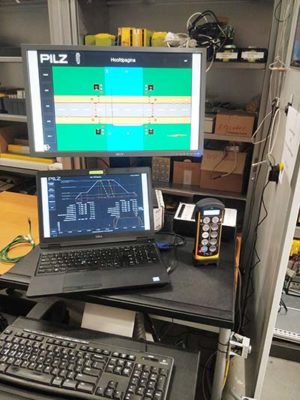
Safety as a core competence
Due to their focus on safety, Pilz’s solutions can be found in a broad range of applications. In infrastructure (bridges and locks) and industry, for example, as well as food, pharma, and rail. The company solves automation issues and is skilful in the realisation of safety features in accordance with applicable legislation and regulations. Moreover, the enthusiastic employees are highly innovative, which led – amongst other things- to the development of certified operational software for bridge objects.
Remote bridge operation
In 2017, a customer asked Pilz to develop one standard control system – including software and documentation – suitable for operating different types of bridges. The underlying thought was that a universal remote with a standard control solution and software would simplify maintenance, which would result in lower costs. Moreover, employees would only need to familiarise themselves with one control mode, which would make it easier to deploy them at different locations.
One of the requirements was a wireless remote to locally control bridges. This not only includes opening and closing the bridge, but also safely controlling traffic through traffic and shipping signals, and mechanical barriers.
Tele Radio provides radio-controlled set
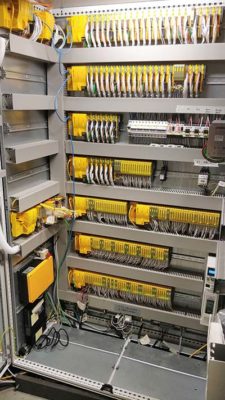
Tele Radio, which – like Pilz – always goes for maximum quality, has also been thinking about the best solution from the very start. They immediately provided a remote control that adheres to the requirements concerning – amongst other things – certification, robustness and ergonomics.
The radio-controlled set was first tested in a special testing environment at Pilz, where the bridge control was set up to simulate the maximum configuration possible. In this critical environment, the remote control was evaluated for usability and it was assessed how it could best communicate with Pilz’s PLC.
Final solution
The radio control that was ultimately chosen is robust, for practical use at all locations. The range of the radio signal is configurable and the remote control has a certified stop button (SIL3 /PLe) and fault indication. The LEDs alongside the buttons automatically guide the operator through the correct order of steps when opening or closing the bridge. Ergonomic and maximum safety.


















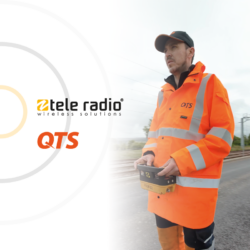
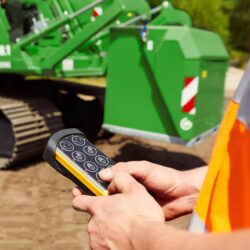
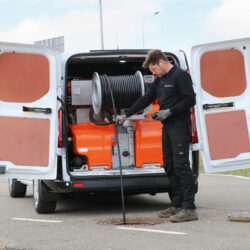
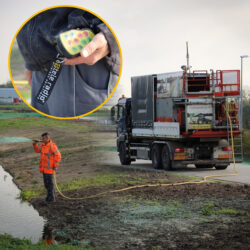
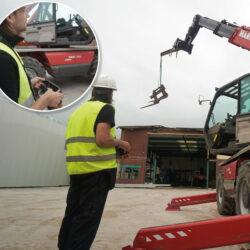
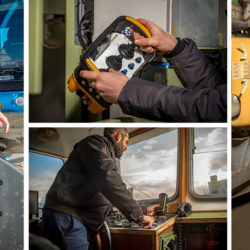
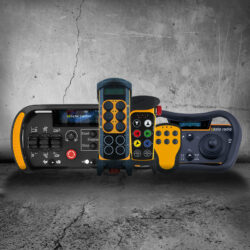
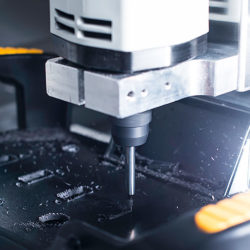

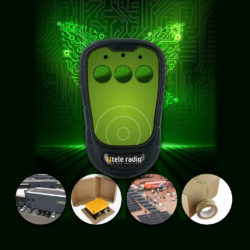
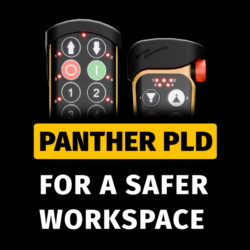

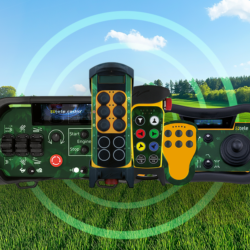

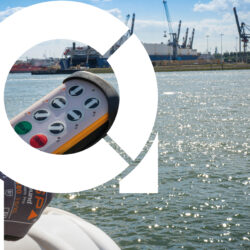

 Tele Radio supports the world wide preservation of the Tiger with WWF.
Tele Radio supports the world wide preservation of the Tiger with WWF.